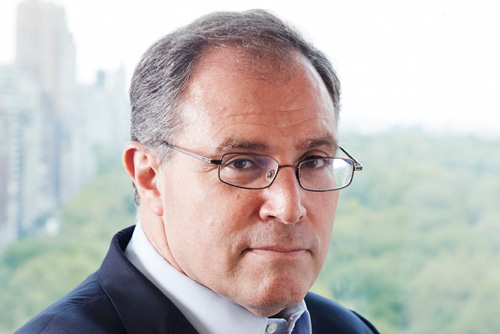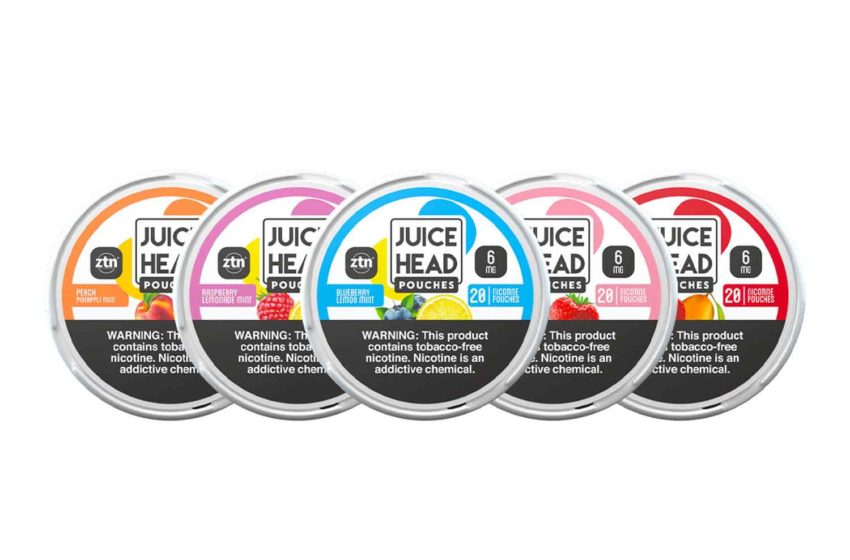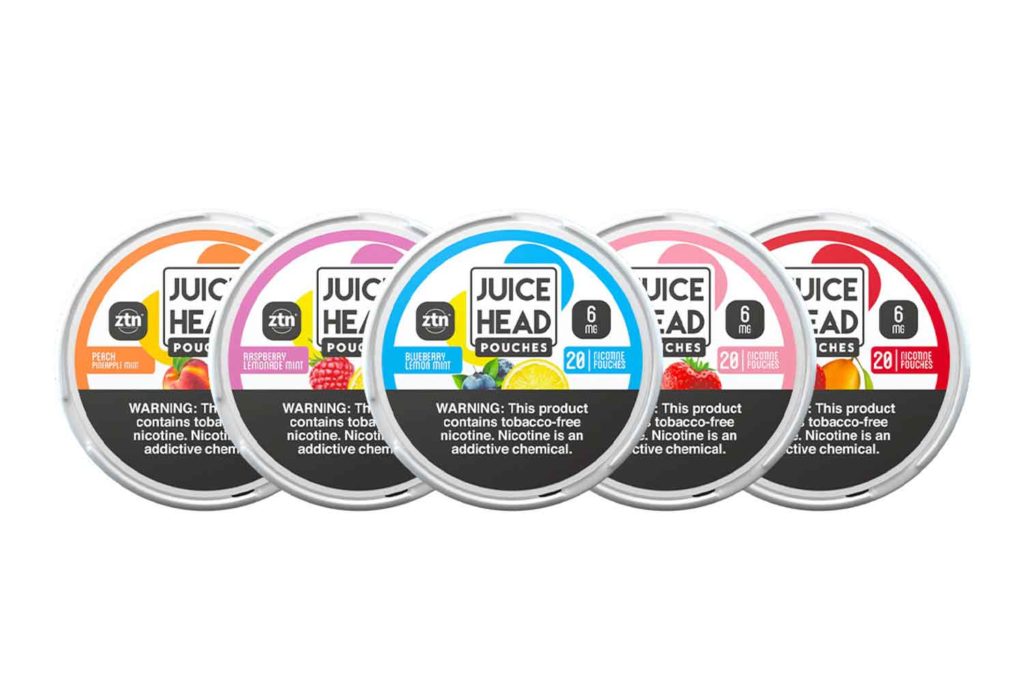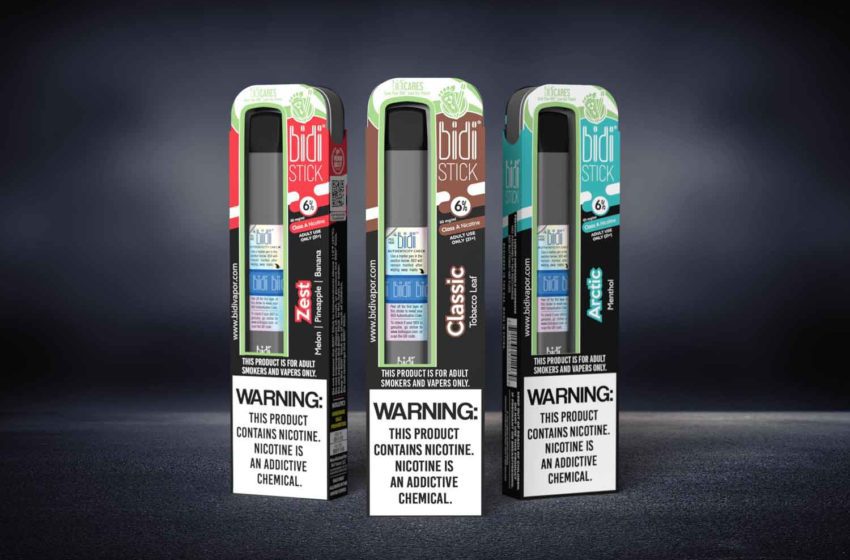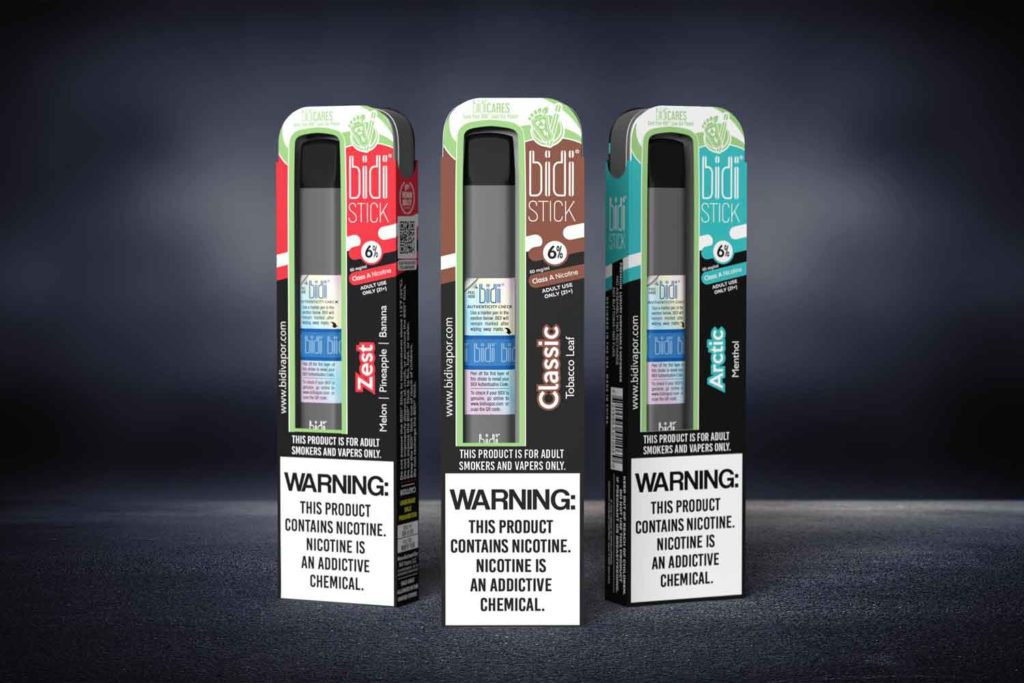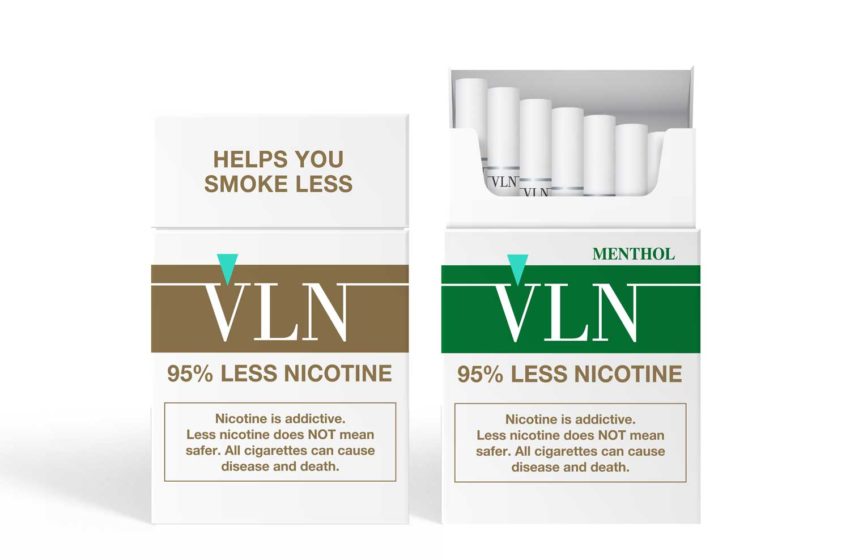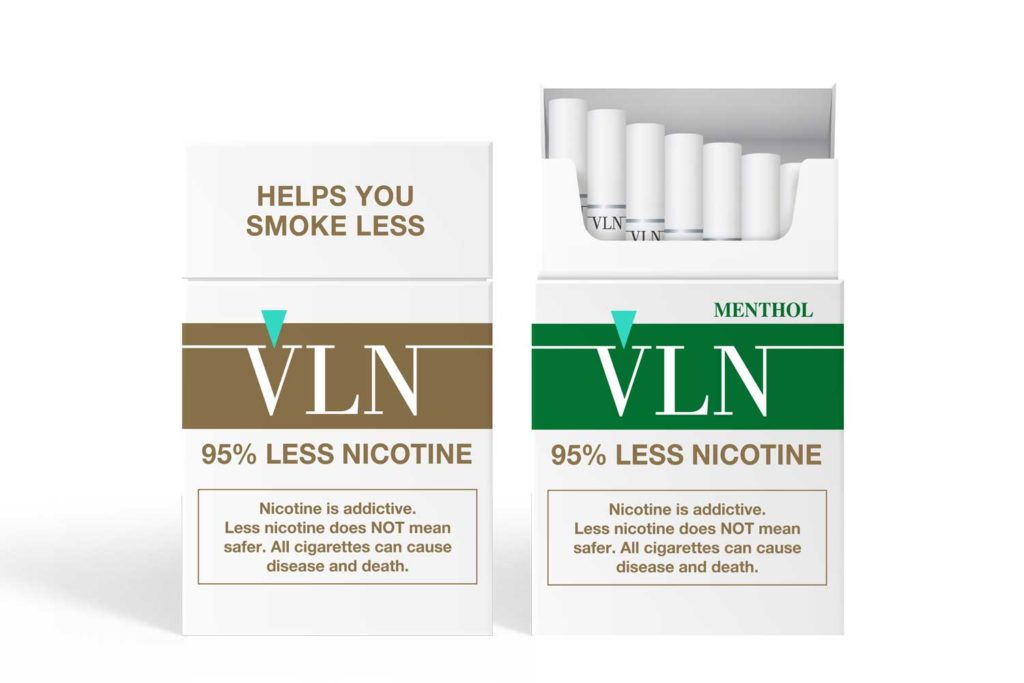
Philip Morris International reported net revenues of $7.75 billion for the first quarter of 2022, up 2.1 percent over that reported for the 2021 first quarter. Its operating income was $3.3 billion, compared with $3.44 billion in the previous year’s quarter. PMI reported adjusted operating income of $3.34 billion, down 4.4 percent from the comparable 2021 period.
The company’s operations during the quarter were heavily impacted by the war between Russia and Ukraine, two important markets for PMI.
On Feb. 25, PMI announced the temporary suspension of its operations in Ukraine, including at its Kharkiv factory. While activities in the east of Ukraine remain the most heavily impacted, the company said it has seen some resumption of retail activities where safety allows.
In 2021, Ukraine accounted for around 2 percent of PMI’s total cigarette and heated tobacco unit shipment volume and under 2 percent of PMI’s total net revenues. As of March 31, 2022, PMI’s Ukrainian operations have approximately $400 million in total assets.
In March, PMI announced it would significantly scale down its operations in Russia, discontinuing a number of cigarette products, including Marlboro and Parliament, and reducing its manufacturing activities accordingly. According to PMI, the discontinued products represent approximately one-quarter of the company’s domestic cigarette SKUs.
PMI also canceled all product launches planned for 2022 in Russia, including the launch of its flagship heated tobacco product IQOS Iluma, which was originally planned to take place in March 2022. In addition, PMI canceled plans to manufacture its Terea heated tobacco units for IQOS Iluma in Russia and the related ongoing investment of $150 million.
PMI is currently working on a plan to exit Russia in an orderly manner. In 2021, Russia made up almost 10 percent of total shipment volumes and around 6 percent of PMI net revenues. As of March 31, 2022, PMI’s Russian operations have approximately $1.4 billion in total assets.
“The recent months have been an extremely challenging time for many in the PMI family given the war in Ukraine,” said PMI CEO Jacek Olczak in a statement. “Our primary concern is for our people and their families, and we are doing everything in our power to help them.”
“Despite this tragic situation, we were able to deliver a very strong performance in the first quarter—reflecting the hard work and dedication of our employees globally—with organic net revenue and currency-neutral adjusted diluted EPS growth coming ahead of our expectations.
“The re-acceleration of our IQOS business continued in the quarter, highlighted by a sequential increase of over 1 million total IQOS users, excluding Russia and Ukraine, and the superb performance of Iluma in initial launch markets. This was complemented by the robust performance of our combustible business, which exceeded our objective of stable category share in the quarter and delivered positive shipment volume and organic net revenue growth.
“We expect to deliver robust top- and bottom-line growth this year on a pro forma adjusted basis, including full-year adjusted diluted EPS growth of 9 percent to 11 percent, excluding currency. This gives us confidence in achieving our 2021 to 2023 compound annual growth targets, on a pro forma basis, and our ambition to become a majority smoke-free company by 2025.”


